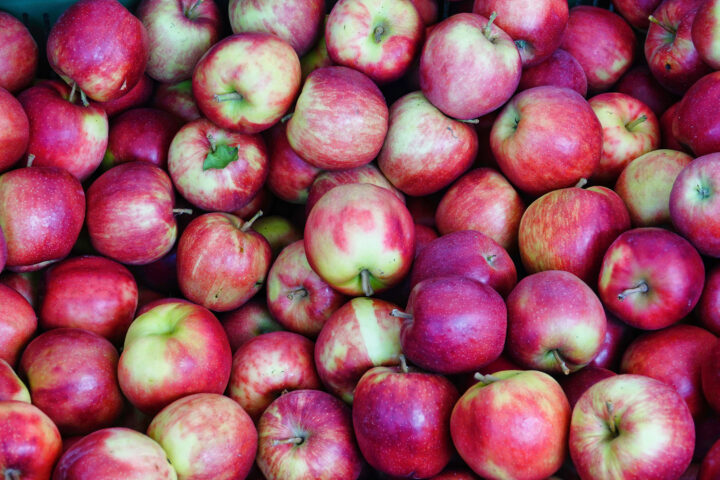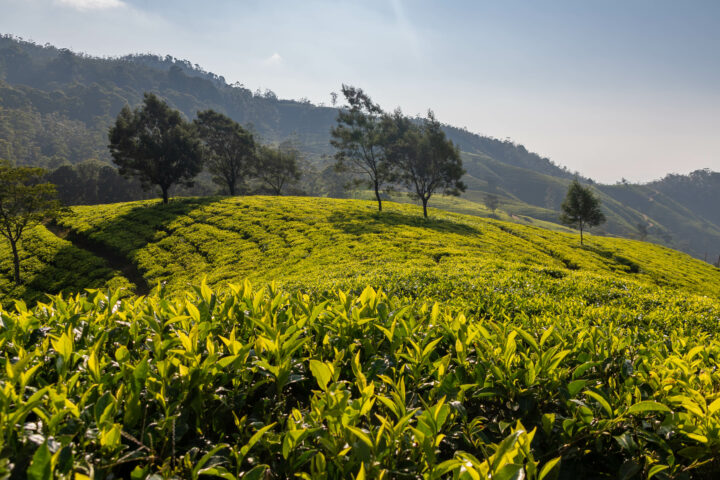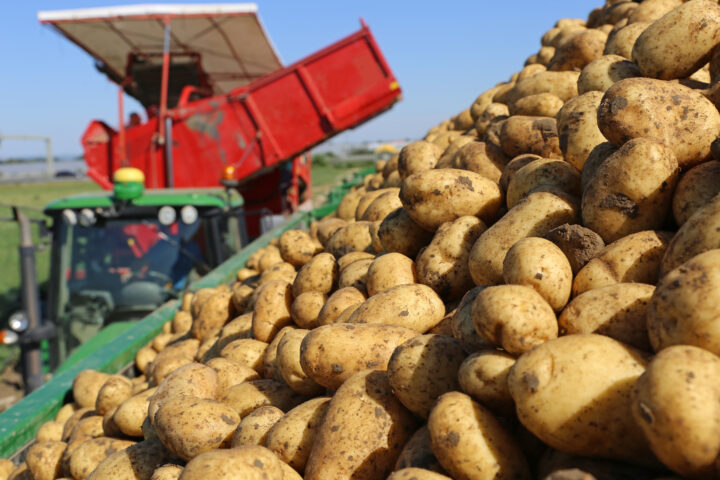
Switzerland needs to import more bread grain
The industry organisation Swiss Granum has applied to the Federal Government for an increase in the import quota for bread grain. Last year's domestic crop yields and stocks are not sufficient to meet this year's demand.
Tuesday, March 22, 2022
As "foodaktuell" writes, Swiss Granum has requested an increase of 40,000 tonnes in the tariff quota for bread grain. However, this is not related to the armed conflict in Ukraine. The reason for this is the poor Swiss grain harvest, which resulted in around 30 per cent less bread grain ready for baking in 2021. In normal years, the domestic harvests together with an import quota of a maximum of 70,000 tonnes are sufficient to cover the annual demand of around 480,000 tonnes. Now the stocks are not sufficient to last until the next harvests. This is especially true for the bread wheat classes Top and I, for spelt and also organic bread grain.
Imports secure supply
As Swiss Granum writes in its press release, Switzerland's security of supply is ensured by domestic harvests and compulsory stocks. This also applies in the event of a further worsening of the crisis. It is true that security of supply is assured. However, it should be kept in mind that this is mainly the case thanks to imports. Thanks to its great financial strength, Switzerland can cope with higher prices on the world market. The question of whether it is also ethical to cut production at home and import missing yields while there are shortages elsewhere in the world may at least be asked. In an interview with the "NZZ", Bayer CEO Werner Baumann says: "We are already in the middle of a grain supply crisis." Using our fertile soils to grow food is also a question of global solidarity. It requires looking beyond one's own nose.
Blindspot article
Sources
Related articles

Science resists ban on GMO crops
The Supreme Court in the Philippines wants to stop the cultivation of genetically modified plants Golden Rice and Bt aubergine (Bacillus thuringiensis). This is anything but well received by the government and the scientific community: The ban could jeopardise the country's food security.

Where the focus lies in apple breeding
The new head of Agroscope's fruit breeding research group is Andrea Patocchi. In an interview with the trade journal Obst + Wein, he explains where the focus of apple breeding lies today.

Chinese robot picks tea
There is a shortage of tea pickers in China. A robot developed by a researcher is set to remedy the situation and take over the work in future. Thanks to artificial intelligence, the machine can even recognise the shoots of the tea plant. The first harvesting robots are also already being developed in Switzerland.

Potato farmers want robust varieties
As the use of crop protection has been massively reduced, the potato industry now wants to focus on more robust varieties. The industry has even concluded a target agreement with the federal government. This is ambitious: By 2040, robust varieties are to grow on 80% of potato cultivation areas.

